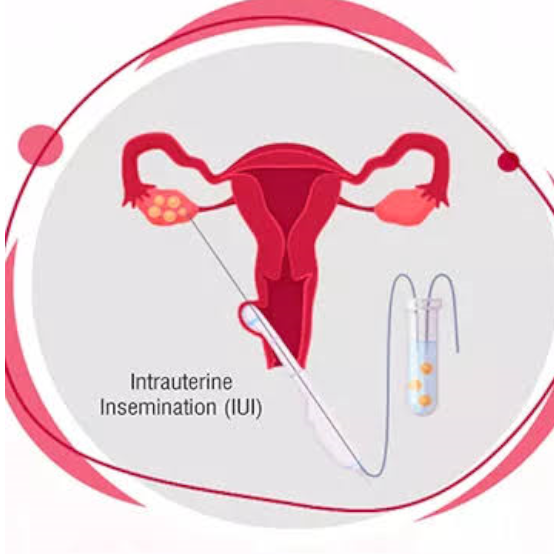Maintaining a healthy weight is crucial for overall well-being, reproductive health and fertility. Both underweight and overweight conditions can affect reproductive health, causing disruptions in hormonal balance and menstrual cycles, thereby impacting a couple’s ability to conceive. In this article, we delve into the connection between weight and fertility to help patients understand the importance of weight management in their journey towards parenthood.
Effect of Being Underweight
Being underweight can lead to irregular or absent menstrual cycles due to insufficient body fat. This results in reduced estrogen production, which affects ovulation and may lead to anovulatory cycles. Subsequently, the chances of conceiving diminish. Being underweight can also be a sign of nutritional deficiencies which may affect the quality of the ovum as well as increase the chances of complications in pregnancy.
Women who are underweight can have various complications during pregnancy & postpartum.
> Increased chances of anaemia & deficiency disorders.
> Poor weight gain in pregnancy leading to a general feeling of excessive fatigue & ill health.
> Increased chances of miscarriage.
> Poor weight gain of the baby & Intrauterine Growth restriction (IUGR).
> Preterm delivery.
> Certain birth defects in the baby.
> Poor wound healing & delayed recovery after delivery
Effect of Being Overweight:
Excessive weight can disrupt hormonal balance, causing insulin resistance and increased production of androgens (male hormones). These hormonal changes may lead to irregular menstrual cycles, making it difficult to predict ovulation accurately. Moreover, excess body fat can lead to chronic inflammation, potentially damaging the reproductive system and adversely affecting egg quality. Being overweight & obese can also affect your chances of successful pregnancy through Assisted Reproductive Techniques ( ART ) such as IVF, IUI, ICSI etc. Obesity is also associated with PCOS & hormonal imbalance in women, which may adversely affect ovulation & your chances of getting pregnant.
What is the ideal weight for women in India?
In India, the ideal weight for women and men at a height of 5 feet is 45 Kg & 50 kg respectively. Beyond a height of 5 feet, we can add approximately 2.3 Kg for every inch of the height to calculate the ideal weight for that height. A healthy person’s BMI should be between 18.5 – 23kg/m2.
Women with BMI more than 27 have 3 times more chances of Infertility than women with ideal weight. Women who are overweight or obese (BMI greater than 30) are much more likely to face difficulties in conceiving.
Impact on Male Fertility:
Weight also plays a significant role in male fertility. Obesity can lead to reduced sperm quality, quantity, and motility. Additionally, hormonal imbalances in overweight men can affect testosterone levels, potentially leading to fertility issues. Obesity is associated with increased scrotal temperatures, which can further compromise sperm quality. Conversely, being underweight may cause lower testosterone levels, impacting sperm production.
Effects of Weight Loss and Gain:
Achieving a healthy weight through lifestyle modifications can positively impact fertility outcomes for both men and women. Weight loss in overweight individuals can restore hormonal balance, improve ovulation, and enhance sperm quality. On the other hand, gaining weight for those who are underweight can lead to more regular menstrual cycles and improved fertility.
Conclusion:
Maintaining a healthy weight is crucial for optimizing fertility potential. Both underweight and overweight conditions can disrupt hormonal balance and affect reproductive health in men and women. Adopting a balanced approach to weight management, through proper nutrition and regular exercise, can significantly improve fertility outcomes for couples trying to conceive. As always, it is advisable for individuals struggling with fertility issues to seek guidance in time














